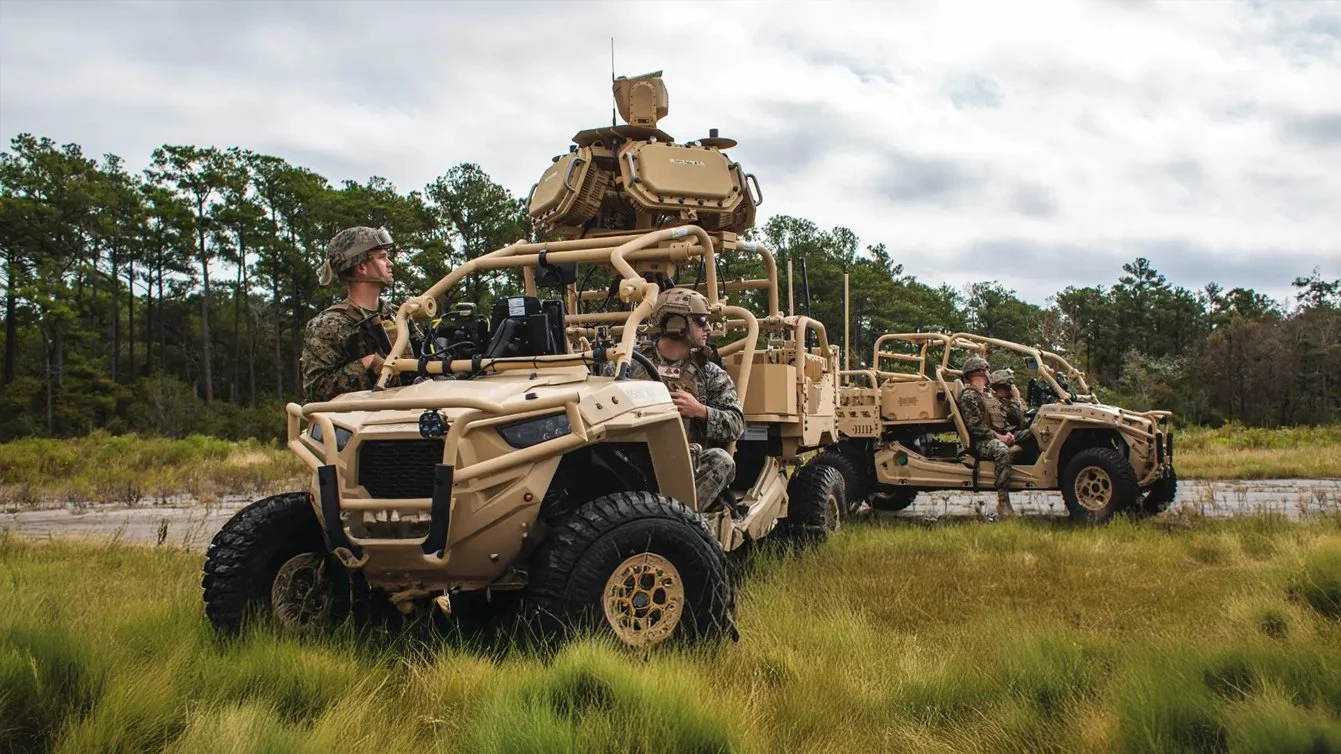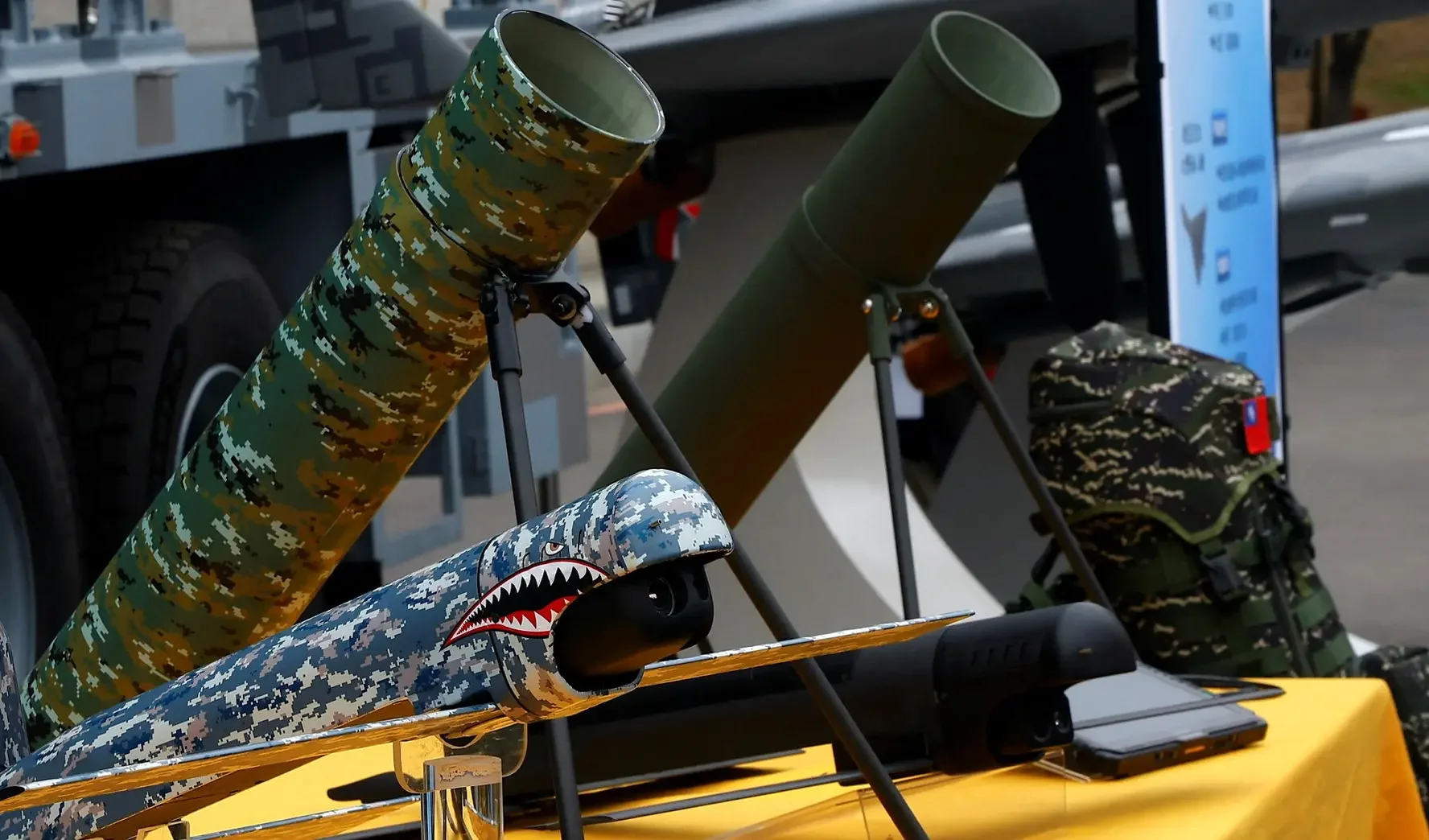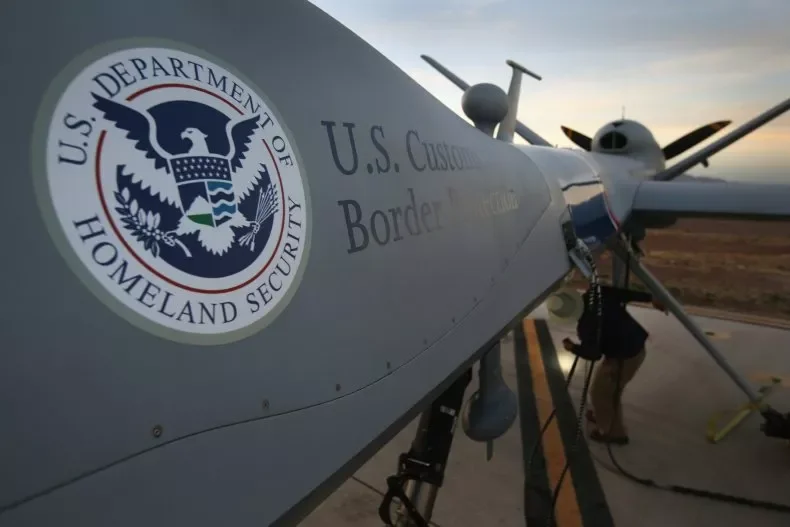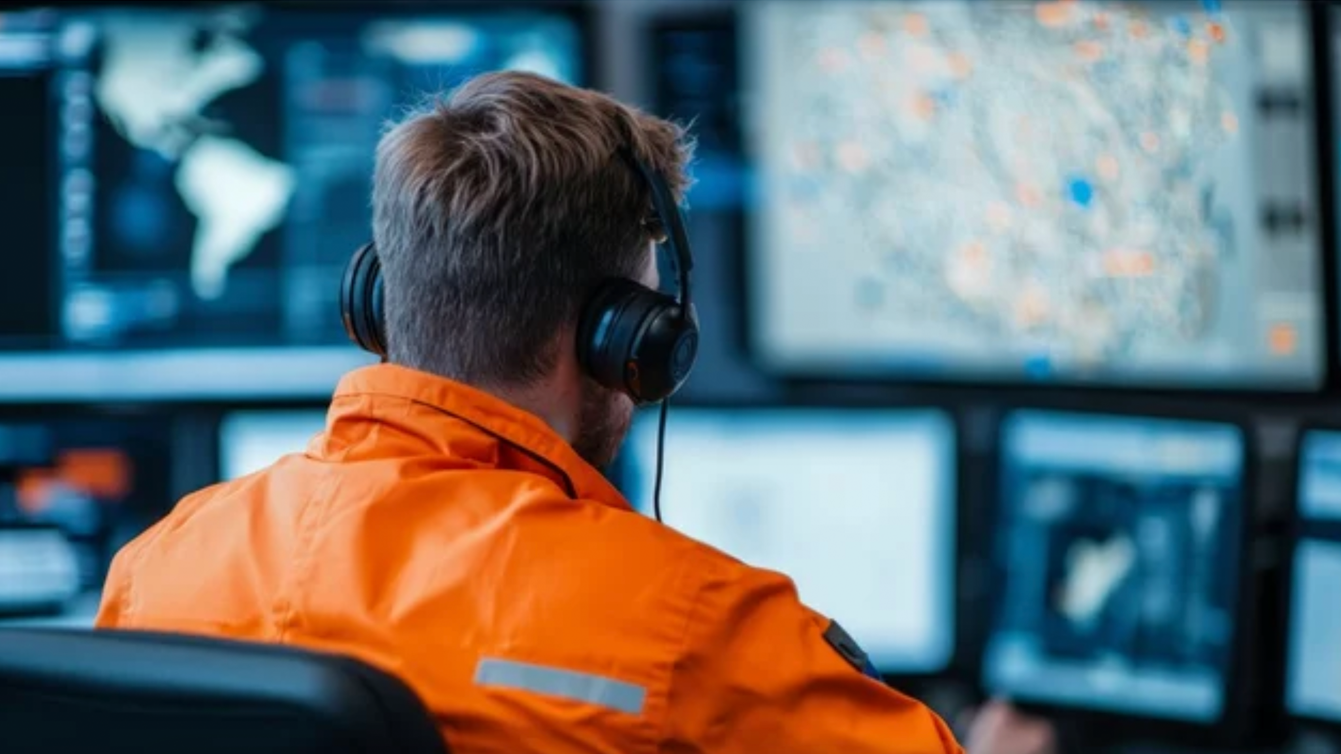
NORTH AMERICAN DRONE INTERDICTION COMMAND
securing our borders
Just beyond our southern border, the United States faces a convergence of dangers that extend far beyond illegal crossings. Cartels and transnational criminal networks are increasingly equipped with military-grade weapons, drones, and cyber tools, giving them the ability to smuggle not only narcotics but also advanced technology and potential weapons of terror.
These groups exploit ungoverned spaces to stage operations, test drone swarms, and traffic people and contraband across porous points. The proximity of these threats to America’s most vital energy corridors, ports, and population centers means that what begins as a border challenge may quickly escalate into a national security crisis.
one way mission
The North American Drone Interdiction Command (NADIC) will safeguard the Gulf Coast—the most critical industrial corridor in the United States against the growing threat of hostile drones.
From refineries and chemical plants to energy ports and military installations, this region forms the backbone of America’s defense and economic strength. NADIC’s mission is to detect, deter, and defeat aerial threats through advanced surveillance, rapid interdiction, and coordinated Quick Reaction Forces.
While its first priority is securing the Gulf, NADIC is designed to scale nationwide, providing a unified framework to protect critical infrastructure and communities across the entire United States.
PHASE ONE
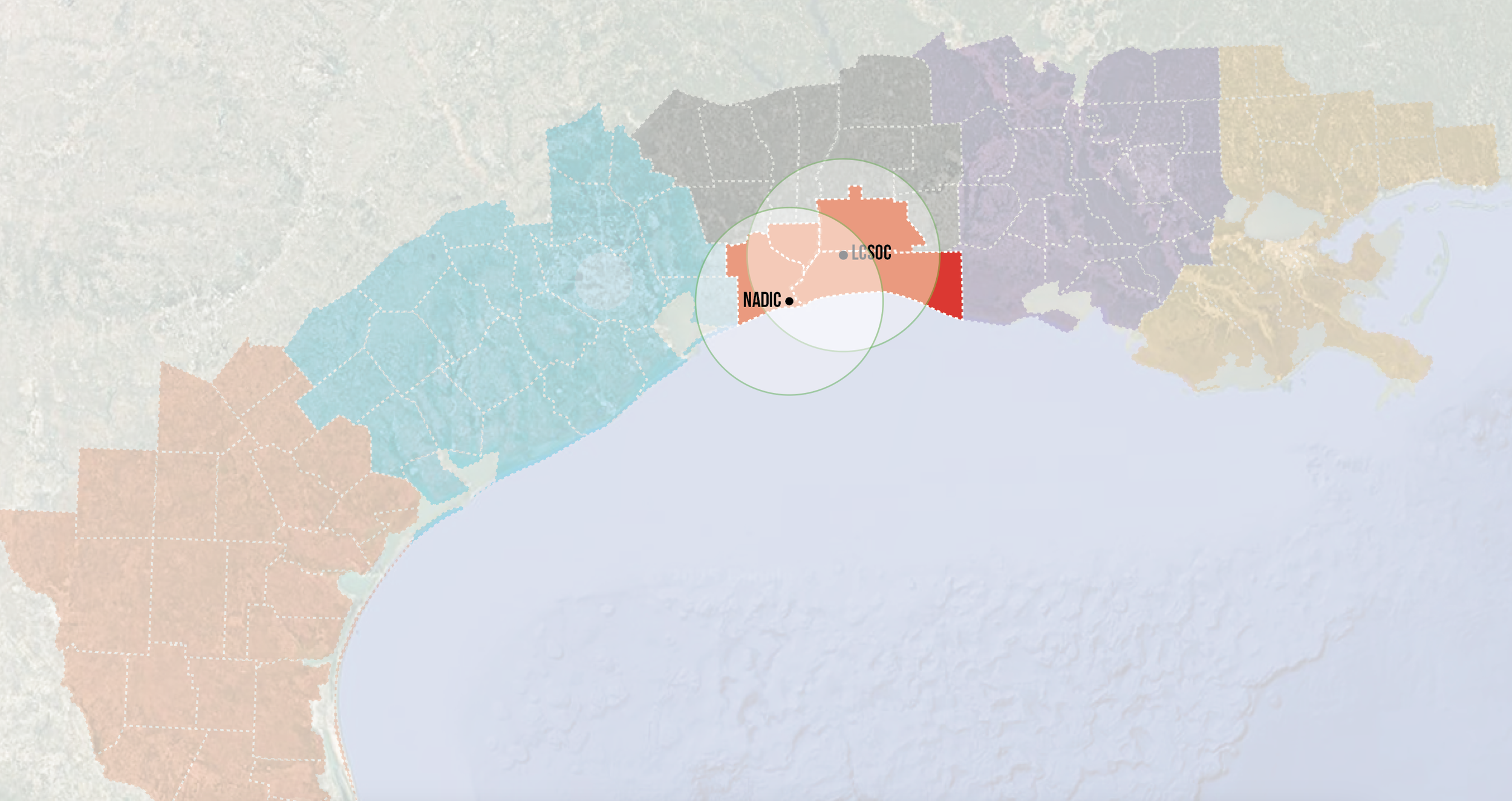
NADIC will initiate A 70 MILE
DETECTION GRID ANCHORED IN
PORT ARTHUR & LAKE CHARLES
PHASE TWO
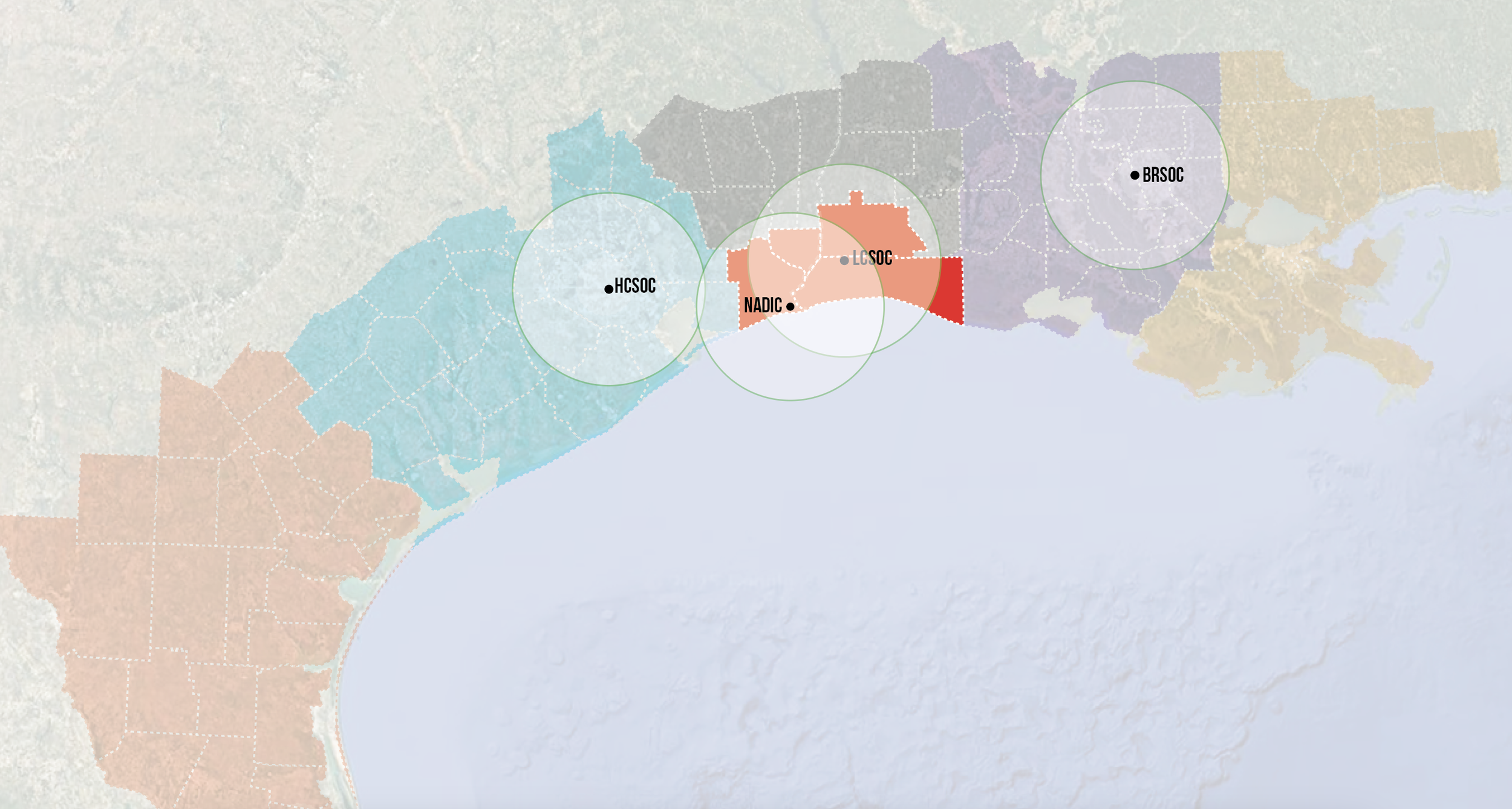
HARRIS COUNTY AND BATON ROUGE
ARE THE SECOND COMMAND CENTERS
IN THE EXPANSION OF NADIC
PHASE THREE
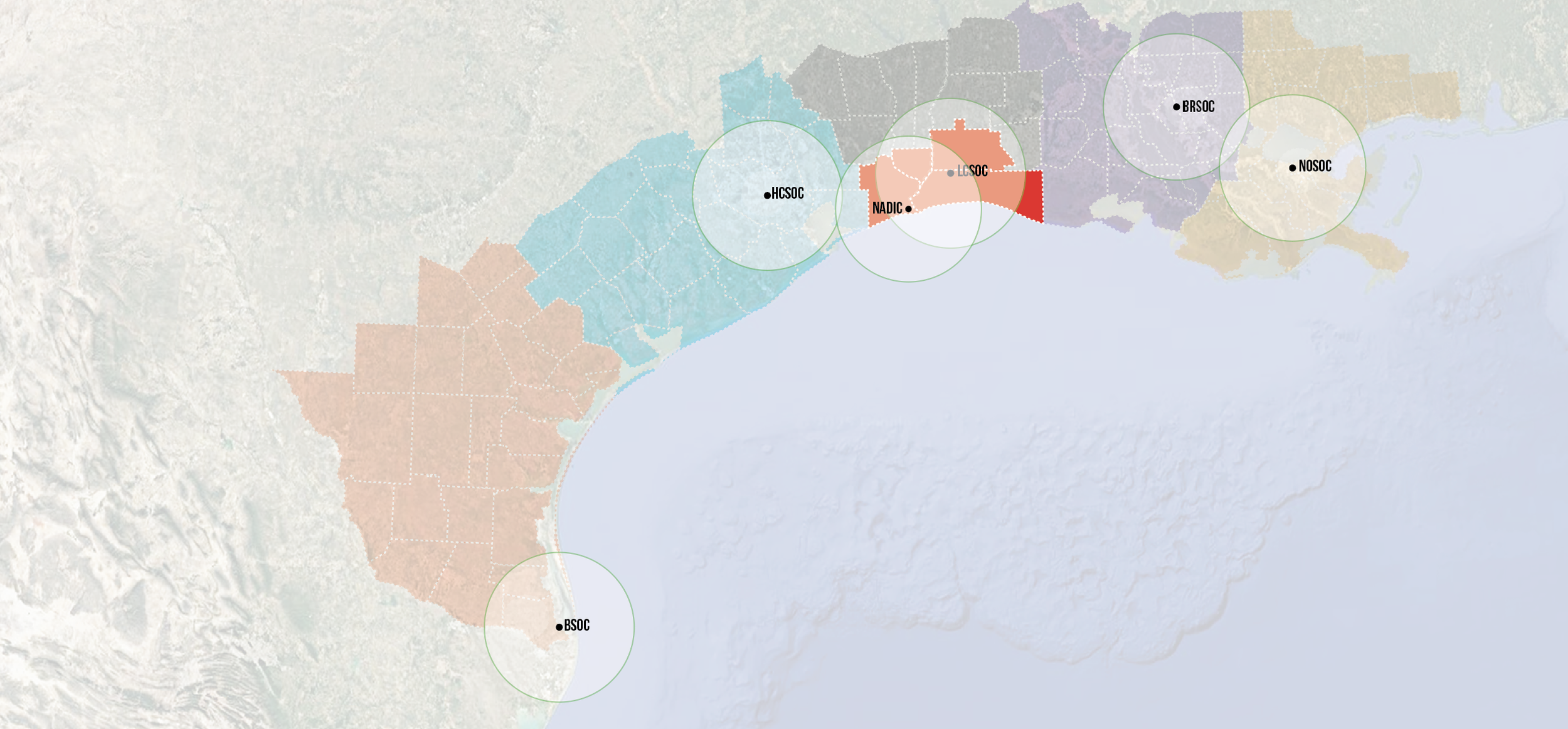
NEW ORLEANS AND BROWNSVILLE
ESTABLISH THE EAST AND WEST
ANCHORS OF THE ARC
PHASE four

EXPANSON with constant
improvement and prepared to
expand across the u.s.
red teams
